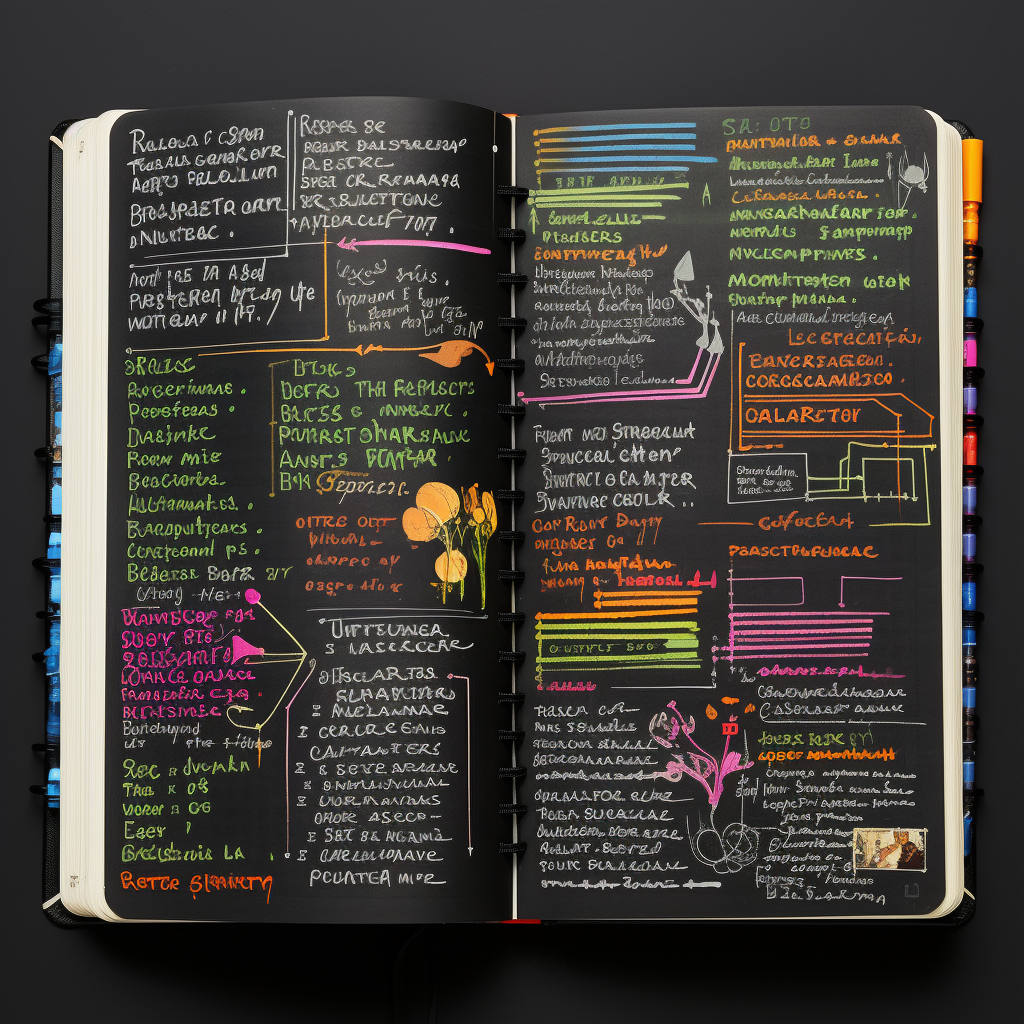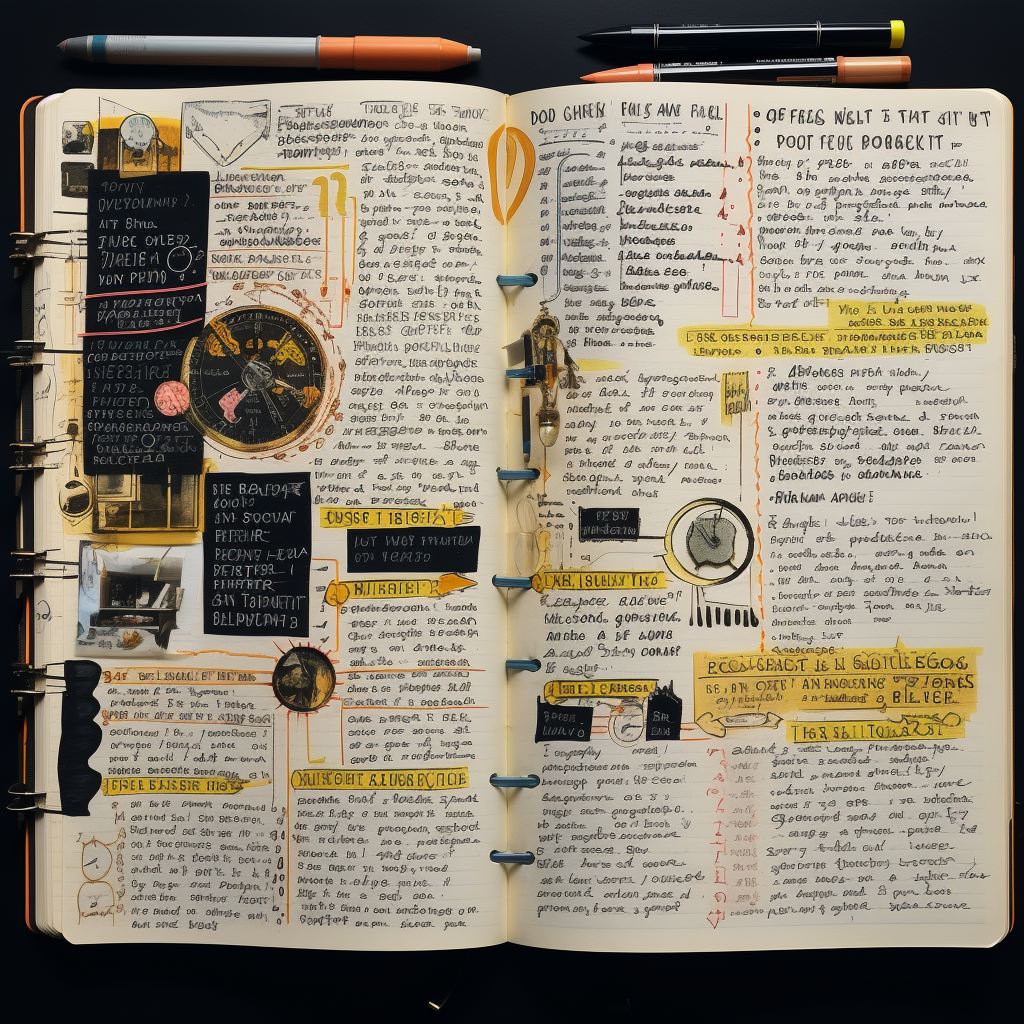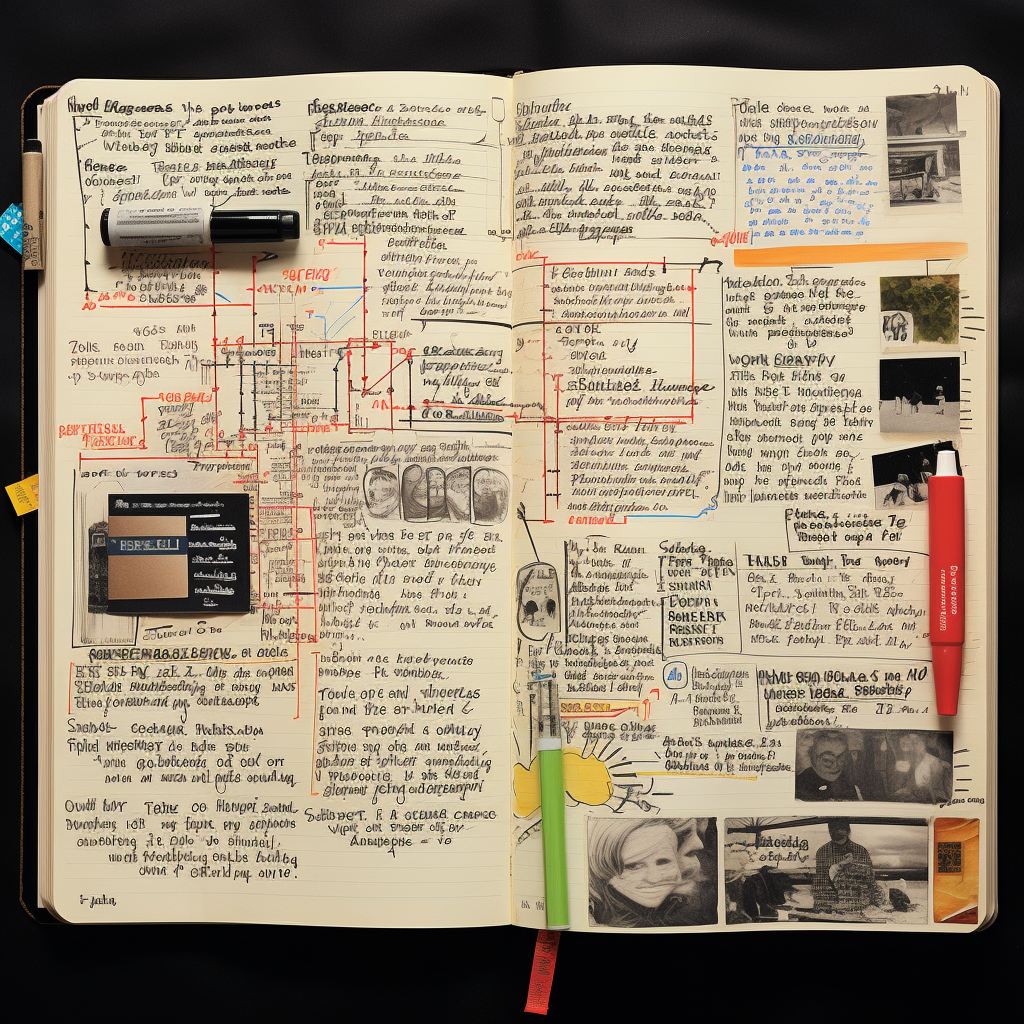Editing for Clarity and Concision
"Today everyone has the requirement of conformity to some standard of people. There is the requirement to be similar in our language and in our beliefs. If you have different ideas, people have the thought that you are odd. Our fear stops the expression of our thoughts about our surroundings. We feel we must always have a resemblance to our neighbors or our friends. Because there is so little we can do that allows us to be individuals, it is my thought that we would commit an error by the imposition of a dress standard on students. It would be a loss to their expression of individuality."
From language to belief, requirements are everywhere. But difference of opinion can bring social uncertainty, leading us to be more like our peers, and less like ourselves. By imposing a student dress code, we lose an opportunity for our kids to express their individuality.
When looking at the original submission’s use of nouns and verbs, the editing decisions become ones of which to retain, and which to augment based on an effort to not just retain the spirit of the writer, but also reduce redundancies and the overall length of the thought. In this, I looked at which nouns which were essential to retain - words such as requirement, thought, expression and individuals. The key verbs to retain were conformity, to be similar, resemblance, commit and loss. In editing for clarity, I found that retaining the nouns helped with clarity and the retention of the spirit of the original writer, but adjusting the verbs helped with concision. In some instances it was necessary to think about changing the form of both for concision and into a more active form, such as individuals into individuality.
So in doing this, I kept nouns such as requirements, and adjusted others to become express instead of expression, individuality instead of individuals. And in targeting verb use, changed duplicative or redundant sentences such as If you have different ideas, people have the thought that you are odd. Our fear stops the expression of our thoughts about our surroundings. We feel we must always have a resemblance to our neighbors or our friends. to But difference of opinion can bring social uncertainty, leading us to be more like our peers, and less like ourselves. It’s the same thought expressed as one sentence instead of three, and targets the concision and clarity of verb use in particular to do that.































